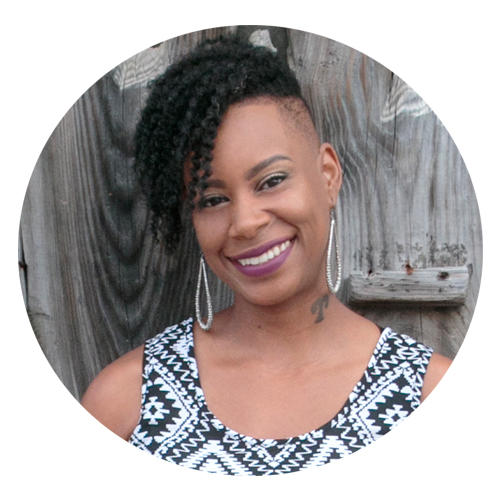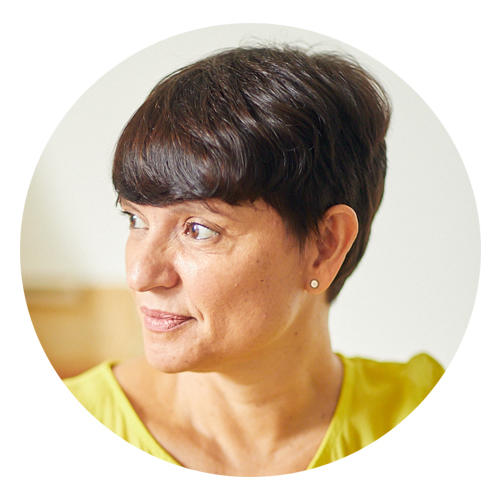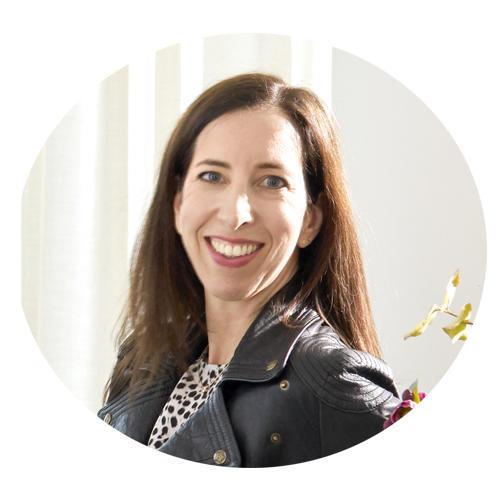The pandemic has altered so much about how we live and work, but the question remains as to how long those changes will last. Many designers started offering e-design services as a result of shelter-in-place orders. We asked seven of them—Melissa Bodie, Raelyn Capozzi, Candis Garcia, Ruqiya Imtiaz, Sara Mosele, Stephanie Perez and Tina Ramchandani—if they plan to keep those services or if they’ll phase them out when the dust settles.

A joint effort
“At the height of the pandemic, when schools went online and I was working from home with four young children, I knew virtual design was part of the solution. E-design services do require some work on the clients’ end, such as simple measurements and taking a few progress photos along the way, but luckily my clients have been happy to be part of the process. I plan to continue offering e-design services, because it has allowed my business the flexibility to mold and grow through the pandemic, and it has proved to be a successful approach, especially for projects across the country.” —Ruqiya Imtiaz, Studio RIU, Houston

Here to stay
“I was already considering offering e-design services right before the pandemic—COVID just pushed me through the door! I really think it is here to stay and will become more and more popular as time goes on. It will open more opportunities for designers and give clients who would have never thought they could afford interior design services a chance to co-create their space from the comfort of their own home. It is just a more convenient and affordable approach to design. I am really excited about offering this service and I can’t wait to see where it takes me and my business.” —Candis Garcia, House Jefe, Austin, Texas

Not a good fit
“The first time New York was mandated to shut down, we shifted our studio to offering remote consultations and design services. It was a new idea for us, as we’d only worked in person before. I quickly found that I didn’t like it, and it wasn’t a good fit for our team. To us, a big part of interior design is the relationship with the client, and it was very hard to [develop and maintain] that via FaceTime and email. Material selections were tough, too—it’s intimidating to pick something off of a computer screen instead of being able to present everything beautifully laid out at our studio. For [the latest round of] shutdowns, I’ve decided that we will not be doing anything new remotely, just continuing to project-manage and work on the projects already in process. It’s what works for us and allows us to deliver the best client experience possible.” —Raelyn Capozzi, West End Interiors, Buffalo, New York

Add it to the Tool kit
“In the long run, it will truly depend on the client. E-design enables a larger group of customers because it can range in price, which is great. If done right, the process does not devalue the professional expertise and care put into each project. It’s a tool that also reaches a different demographic, like millennials and Gen Z. E-design is here to stay.” —Sara Mosele, Sara Mosele Interiors, New York

Cross-country Success
“I launched my interior design business at the start of the pandemic with a strong e-design foundation, because I saw the incredible growth potential as people spent more time at home and began to reevaluate their spaces. Though I was originally based in New York, I’ve been working remotely from Newport, Rhode Island, and have projects with clients in Pennsylvania, Tennessee, Florida, California and more. I made e-design an inherent part of my business to have the opportunity to help people across the country transform their most cherished spaces. With this growing success, I plan to continue offering virtual services well into the foreseeable future.” —Stephanie Perez, Stephanie Perez Interior Design Studio, Newport, Rhode Island

One at a time
“We started our e-design program during the pandemic. It’s something I had been thinking about, but until the shutdown I hadn’t had the time to focus on it and figure out the details. I really enjoy creating full, shoppable room designs for clients that they can purchase and install on their own. This service has a quick turnaround, so it’s very fulfilling. I plan to keep offering this program, but it is limited. We can only accept one of these clients per month. In the future, I hope to be able to delegate a bit more of this to my staff and expand the program.” —Tina Ramchandani, Tina Ramchandani Creative, New York

Around the world
“We see e-design as not a fickle trend, but more of a long-lasting mindset. We offer our high-end, luxury interior design service anywhere in the world for a flat fee. We see e-design as the Peloton of interior design: Often you crave the class, but other times you may long for a more private, personal and unhurried workout—a more boundaried approach to interior design. So far, we have spoken to e-design clients from L.A. to New York to Edinburgh and Singapore. The service caters to a segment of the market that wants a straightforward, easily packaged, flat price. And of course, e-design means time zones are no longer as great an obstacle.” —Melissa Bodie, Melissa + Miller Interiors, New York and London
Homepage photo: A project by Tina Ramchandani | Jacob Snavely




























